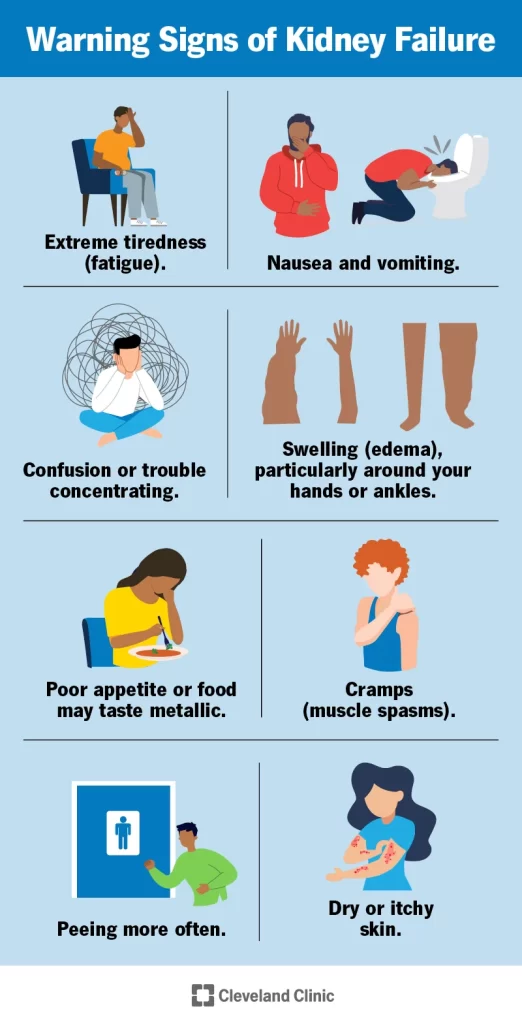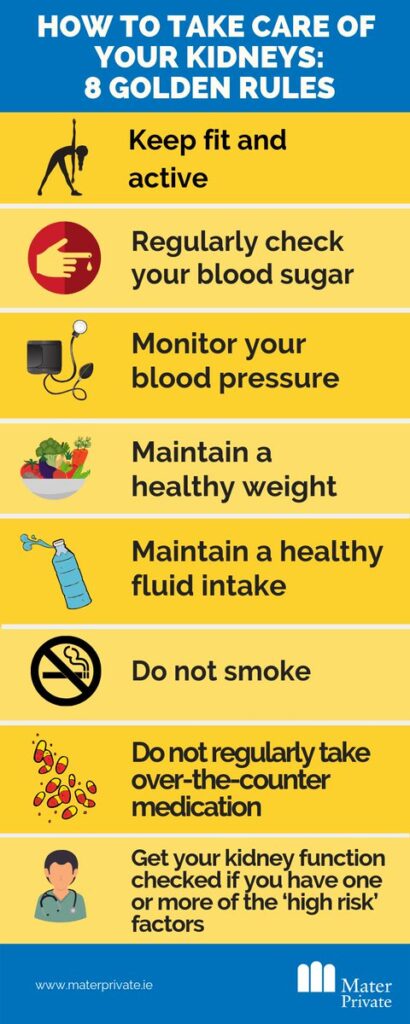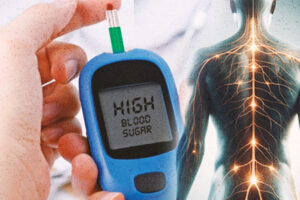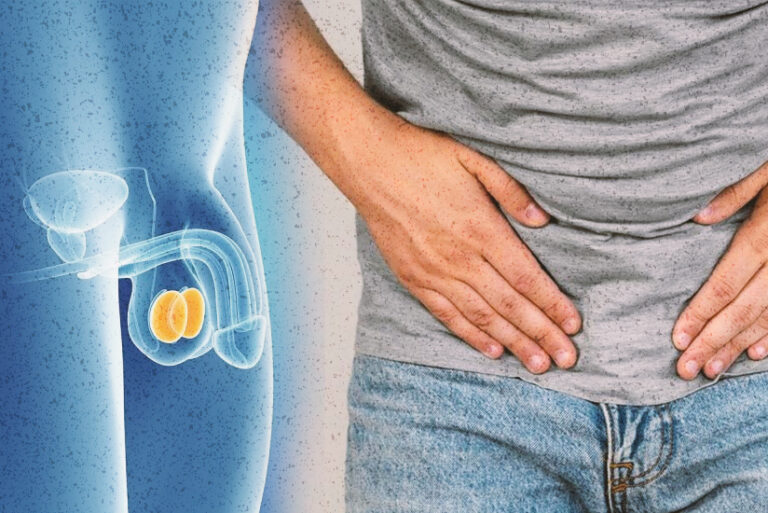By Samuel Pimping
June is National Kidney Month! These squishy, bean-shaped organs work day and night to filter out the bad stuff, so it is only right to recognize their efforts for a whole month and let everyone know about how to better take good care of them.
Apparently, the biggest baddie that ails our hardworking beans is chronic kidney disease (CKD). It is the seventh leading cause of death in the Philippines, with one in every ten Filipinos developing CKD by the hour.
While the illness is no reason for panic, it is a deadly affliction that has already taken many lives. With that, what is CKD, and how do we prevent it from hurting our kidneys?
Our underrated filtration heroes
Before anything else, it is only proper to introduce one of the most important organs in our body! Kidneys diligently turn waste and unneeded fluids into urine for their removal. They are connected to our bladder via long, thin tubes called urethra, so these parts all work hand in hand to ensure that our blood is free from any waste build-up.
Our body needs a stable balance of minerals, and the kidneys work 24/7 to make sure that this is maintained. Salt, potassium, and acids in the blood all need to be at healthy levels. If this is not achieved, other parts of the body will likely fail to work properly.
These fist-sized organs are also described as “chemical factories” that release hormones to create red blood cells, stabilize blood pressure, and generate vitamin D for strong, healthy bones. They filter almost 200 liters of blood every 24 hours and return most of the water and other substances to the bloodstream.
By now, it should be clear that our kidneys play a vital role in keeping us healthy! If they do not work at all, such as in cases of kidney failure (or renal failure) and acute kidney injury, patients may experience a multitude of symptoms including fatigue, inadequate urination, swelling, and even seizures or coma in the most severe instances.

The villain of nephrology
Chronic kidney disease is when the kidneys get slowly damaged overtime until they can no longer work properly. Chronic means long-lasting, persisting, or constantly recurring. It keeps on getting worse if left untreated, and it can result in complete kidney failure if the patient waits for too long without medical intervention.
CKD is sneaky and progresses very slowly. There are practically no symptoms in earlier stages, so it is usually discovered in an advanced state. A person might have CKD and not know about it until many years later—hence its notoriety for being a silent disease. This is why it is important to have your annual check-up with a doctor even if you do not feel sick at all.

Nephrology is a branch of medical science all about our kidneys, and nephrologists are the physicians who specialize in the diagnosis and treatment of kidney diseases. Alas, there are currently only 700 to 900 nephrologists serving 2.3 million Filipinos with CKD. The huge shortfall gives rise to thriving demand for nephrologists across the nation.
What is it like to have CKD? It depends on the severity or stage of the disease. You might feel tired a lot, have trouble concentrating, endure insomnia, experience poor appetite, and undergo irregular urination patterns. If left untreated until stage four or five, the symptoms become more extreme to the point of vomiting, chest pains, and trouble breathing. Late-stage patients report having a metallic taste in their mouth, and regular dialyses or a kidney transplant is virtually inevitable.
Symptoms are gradual and non-specific. Those with CKD generally only recognize they have it during the late stages of the disease. However, it does not progress at the same rate for everyone. People with other illnesses as hypertension, anemia, and diabetes will typically suffer a faster rate of progression.
Some people are more likely to be afflicted with CKD depending on specific risk factors. These include smoking, obesity, heart disease, frequent use of medication that may impair the kidneys, family history, and being Black, Native American, or Asian American.
CKD is also described as a lifestyle disease like diabetes or hypertension—meaning that we exercise control over its prevention by making conscious, healthy choices. Filipinos are at particular risk of such an illness as food is mostly rich and salty in Asian cuisine. Moderation, therefore, is the key to fighting this insidious illness.
What can we do to combat CKD?
As with any disease, nothing can trump prevention. A proactive lifestyle approach against CKD is the most effective way to avoid being burdened by it. If you are genetically at greater risk of developing the disease, this should be an even greater reason for you to take the proper precautions as early as now. The principles of prevention are nicely condensed into the eight golden rules of taking care of your kidneys.
First, being physically fit and active is one of the best investments you can make. Not only does it help prevent CKD, but it also gives you greater resistance basically against every other sickness that you can think of. Exercising (in any form) for at least half an hour or more on most days is the bare minimum.
Maintaining blood sugar, blood pressure, a healthy fluid intake, and weight are all interrelated commitments that can be achieved through a proper diet. Contrary to popular belief, “healthy living” does not have to cause you much pain and suffering when it comes to your wallet and enjoyment of life’s simple pleasures.
Replacement, not removal, is the answer to a nourishing and sustainable diet. Water or fruit juice instead of sodas or milk tea, popcorn instead of chips, and serving vegetables with fried food are simple but life-changing ways to eat nutritiously and still enjoy it. There is absolutely no need to choose between nourishment and satisfaction. To get the best of both worlds, allow yourself to eat what you want on occasion instead of completely forbidding yourself from any of your sweet cravings.

Nothing good ever comes out of smoking. Even chronic smokers know this for a fact! If you are currently using any tobacco products, there is no other alternative but to stop as soon as today to preserve your health and that of the people around you. The same goes for regularly excessive alcohol intake. Addiction is a universal problem, and the best way to overcome it is to admit it to yourself, seek help, and find ways to live without it.
Next, take only medicine as prescribed by your health provider. Daily intake of over-the-counter medication (especially painkillers), drug use, and substance abuse can severely impair your kidneys in the long run. Finally, getting regularly checked for kidney disease at least once a year is crucial for those with risk factors.
There are several personal accounts of those who currently endure CKD. One of them is D.B. Marshall, an African American (a CKD risk factor) who had been diagnosed with a rare form of CKD despite being health-conscious and physically active.
Before he had known of the disease, he made more than three visits to the emergency room due to fainting, fatigue, and confusion. He eventually saw a specialist that noted his elevated creatinine levels, and this, in turn, led him to a nephrologist that finally made the proper diagnosis.
For D.B., finding out that CKD is irreversible, adjusting to medication, and facing the emotional burden of carrying the illness are some of the most challenging hardships of living with CKD. Nevertheless, as of today, he has stayed at stage three kidney disease for over a decade and remains a kidney ambassador, wellness coach, motivational speaker, and #1 international best-selling author.
Having CKD is a harrowing road, but it is by no means a dead end. With the right lifestyle, medical help, and a strong support system, this muted, irreversible sickness will eventually fade into the background of a rich, fulfilling life.
Sources:
CNN Philippines. (June 07, 2023). June is National Kidney Month [Video]. https://www.cnnphilippines.com/videos/2023/6/7/June-5-is-National-Kidney-Month.html
How your kidneys work. (n.d.). National Kidney Foundation. https://www.kidney.org/kidneydisease/howkidneyswrk
Kidney failure symptoms. (n.d.). Stanford medicine. https://stanfordhealthcare.org/medical- conditions/liver-kidneys-and-urinary-system/kidney-failure/symptoms.html
Nephrology in the Philippines: Ultimate guide. (March 18, 2022). Medical Trends Now. https://medicaltrendsnow.com/nephrology/nephrology-in-the-philippines-ultimate-guide/
‘I had no idea it was kidney disease’: D.B. Marshall’s journey to diagnosis. (n.d.). Nephcure. https://nephcure.org/db-marshalls-journey-to-diagnosis/
Preventing chronic kidney disease. (n.d.). National Institute of Diabetes and Digestive and
Kidney Diseases. https://www.niddk.nih.gov/health-information/kidney-disease/chronic- kidney-disease-ckd/prevention
World Kidney Day: Patient groups partner with Novartis to hold multistakeholder forum on
enhancing health access of renal replacement therapy patients. (March 10, 2023). Novartis. https://www.novartis.com/ph-en/news/world-kidney-day-patient-groups- novartis-enhancing-health-access-renal-replacement-therapy-patients








